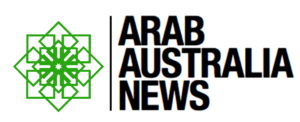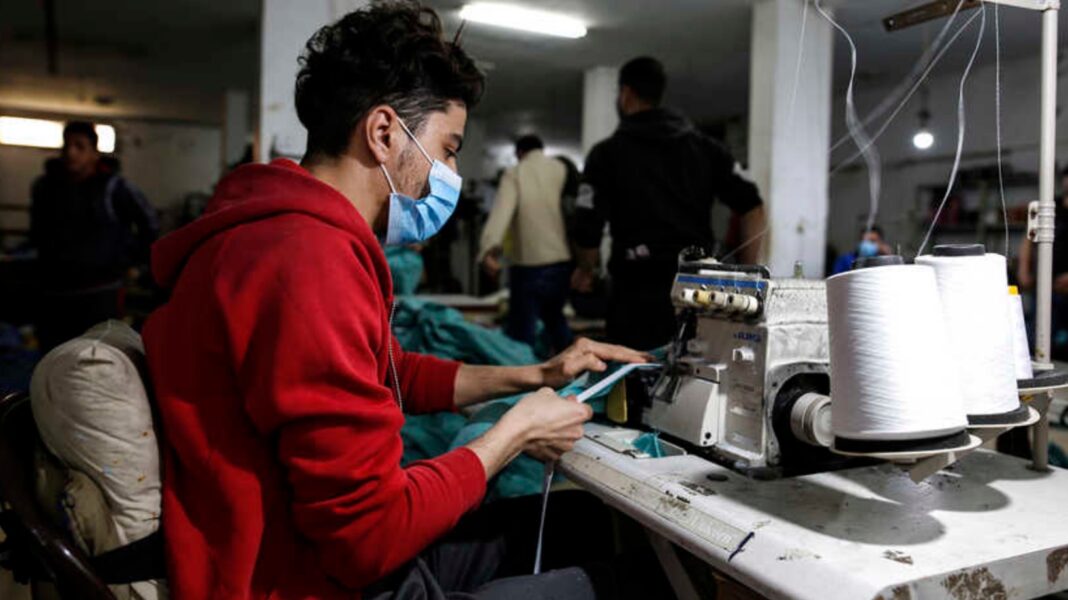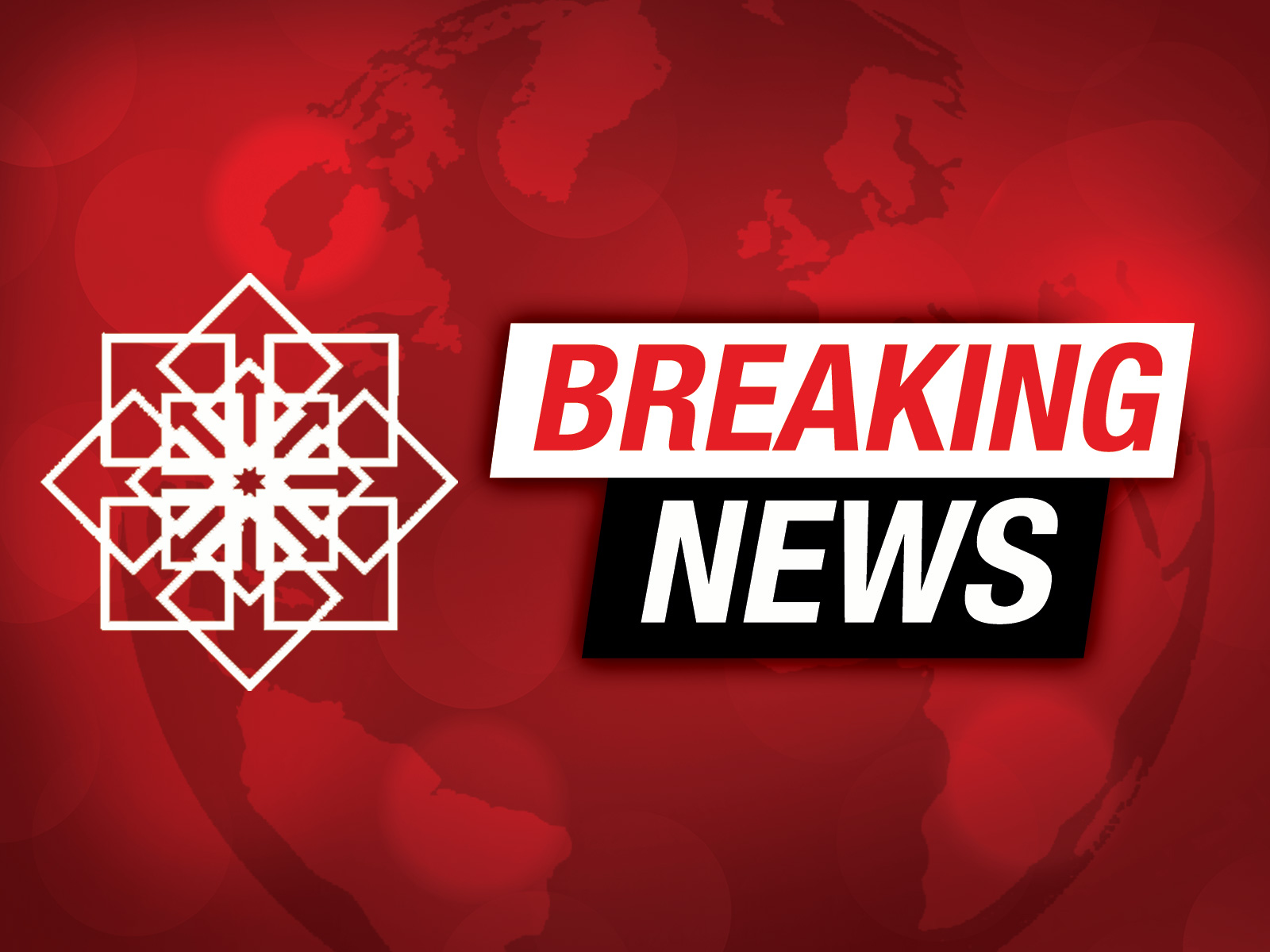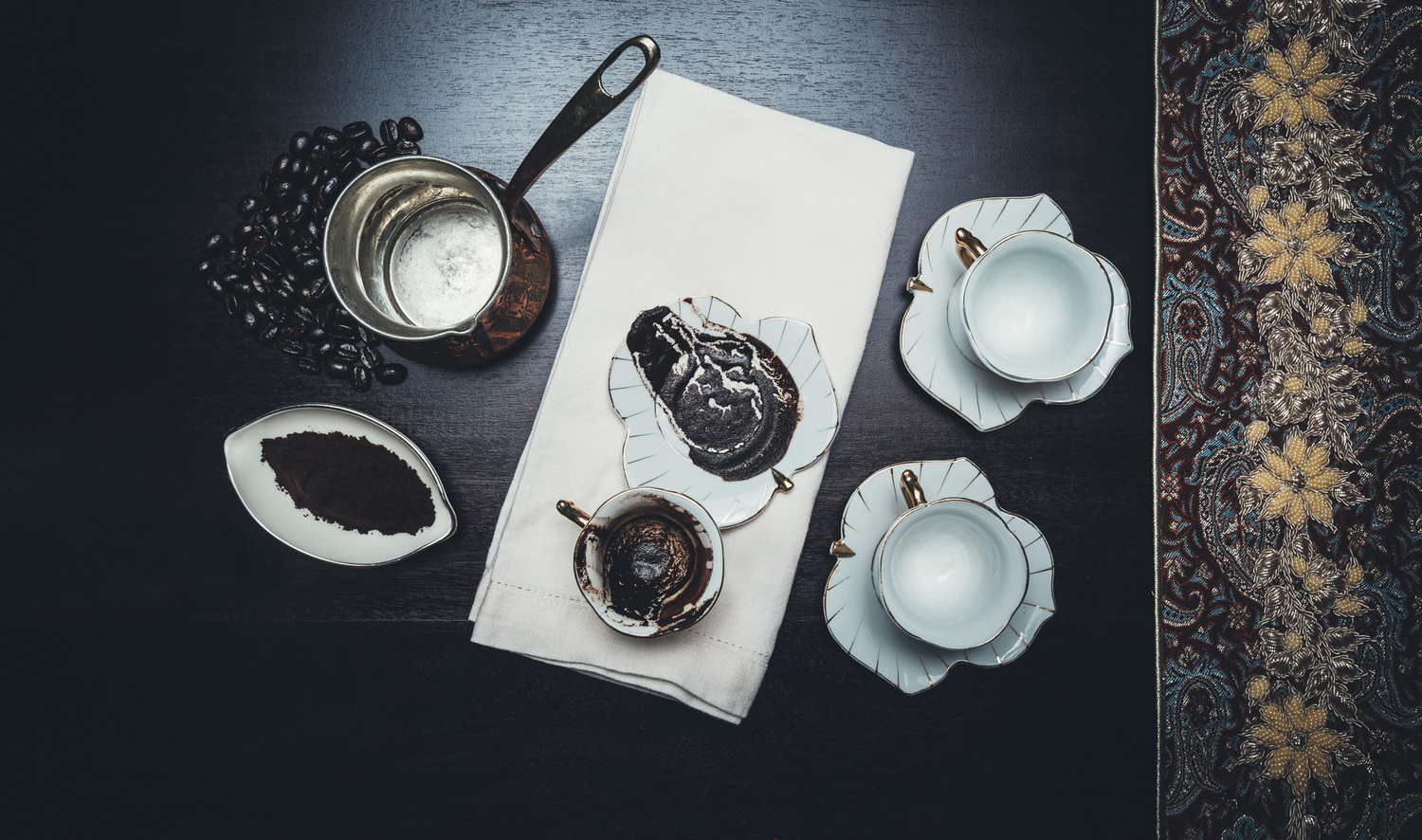GAZA CITY, Gaza Strip — Gaza clothing manufacturers have ventured into the production of personal protective equipment (PPE) amid the coronavirus outbreak in the region — and they’re making the products for Israel.
Tailors in Gaza are working with Israeli companies and factories started to export protective masks, coveralls, shoes, gloves and other clothing to Israel in early March.
The garment sector used to be one of the most prosperous in the Gaza Strip, but business significantly deteriorated after Israel imposed a blockade in 2007 and prevented clothing exports from Gaza. Nearly 90% of the 928 facilities, which had employed about 35,000 workers, had to close, said Abdel Naser Awwad, director general of the Department of Industry at the Ministry of National Economy in Gaza.
Last year, Israel allowed Gaza to export limited quantities of clothing and textiles to the West Bank and Israel, in accordance with truce understandings between Hamas and Israel reached that March. As a result, about 6,000 workers regained their factory jobs. “The number of licensed factories operating [in Gaza] has currently reached 165,” Awwad told Al-Monitor.
These factories, which are advanced and can compete in global markets, immediately responded to the region’s PPE needs, he said.
Awwad said Israeli companies are subcontracting work directly to two main Gaza factories run by Unipal 2000 and National Textile Industries Co. These two major manufacturers distribute orders to smaller factories based on delivery deadlines, helping revive some inactive businesses.
Unipal 2000 chairman Tayseer al-Bawwab said that even though his factory has been able to survive the 13-year Israeli blockade, he was forced to lay off the majority of his workers. After Israel allowed some exports following the truce understandings, the factory regained activity. “We contract with Israeli companies to produce what they want according to certain specifications and standards they set. These companies contacted us and asked us to manufacture PPE and each company sent the model they want us to manufacture.”
He explained that samples are manufactured to ensure their conformity to the required specifications. Then, either adjustments are made or the needed quantity is manufactured immediately. Israeli companies send their models, including the raw materials they wish to be used, the colors and other details, and the factory handles the fabrication.
All the agreements and shipments are coordinated with the Ministry of National Economy in Gaza, he said.
Bawwab added that this is the first time his factory has made PPE. He noted that some masks require more effort and time, and their prices vary accordingly. One medical mask can cost between 50 cents and $4. “One of the companies asked us to manufacture a multiple-use, four-filter mask, and we managed to make it,” Bawwab said.









